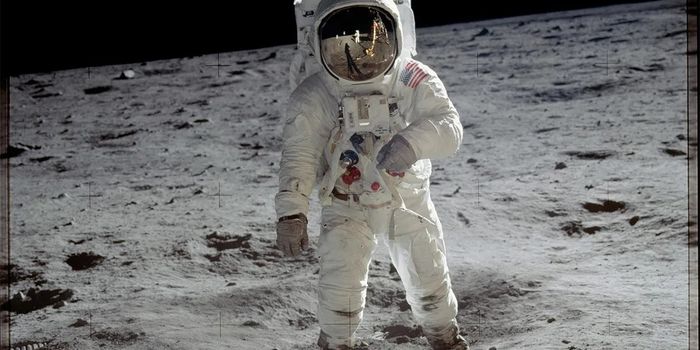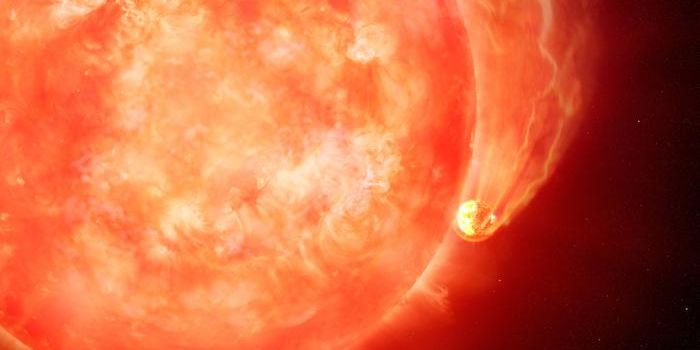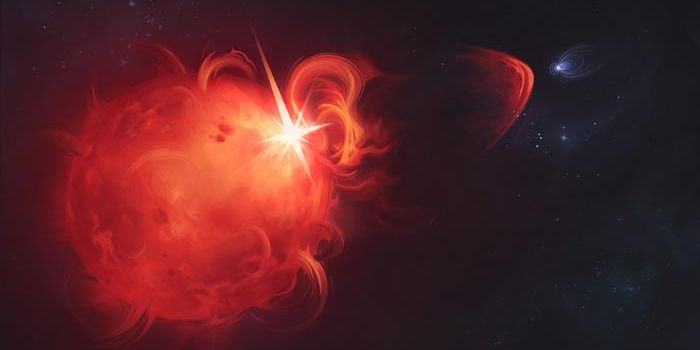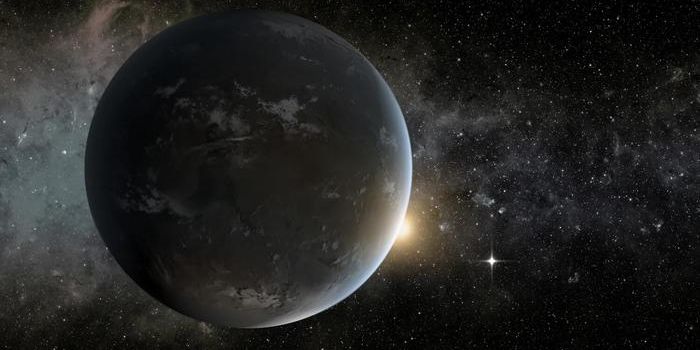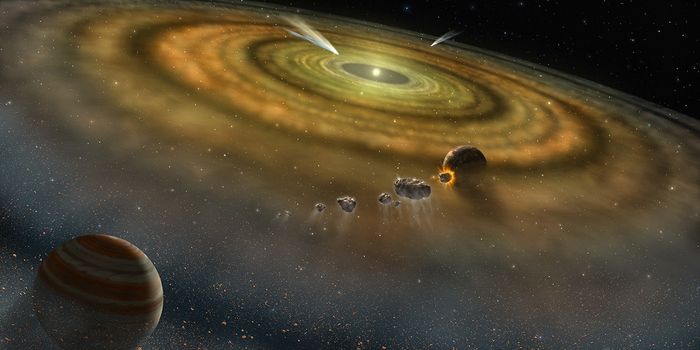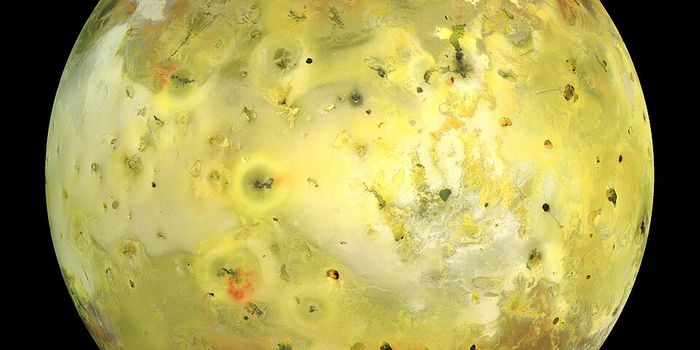Volcanoes Are Making Astronomers Re-Think 'Habitable Zone' Boundaries
While the universe is vast, we are always poking our noses around in our neighboring star systems in an attempt to find any traces of life. The recurring question of whether or not we’re actually alone out there remains to be answered, but so far, complex life forms haven’t been encountered anywhere besides Earth.
Nevertheless, one way astronomers look for life in other star systems is to observe where the exoplanets are in proximity to their host star. Depending on their distance, they can reside in a place known as the “habitable zone,” which is the region in a system where a planet can have just the right temperatures to sustain life.
For larger stars, the habitable zone is often further away, while the opposite is true for smaller stars. It’s also believed that the closer a planet is to a star, the hotter it is, while the further away, the cooler it is, but there may be some very important details we’re not taking into account.
Image Credit: flflflflfl/Pixabay
Published in The Astrophysical Journal Letters, a study takes a closer look at other possible factors that could impact whether or not an exoplanet is capable of sustaining life, regardless of where in the habitable zone the body resides.
Led by Cornell University’s Ramses Ramirez from the Carl Sagan Institute, this study talks about how it’s possible for an exoplanet to remain habitable even when it resides far outside of a system’s habitable zone where a planet would normally be too cold to harbor life forms.
The argument is that exoplanets with volcanic activity may produce enough hydrogen to cause a greenhouse gas warming effect for the planet, which can allow life forms to thrive on an otherwise inhabitable environment.
That said, the presence of volcanic activity on exoplanets potentially equates to a habitable environment on exoplanets that reside anywhere from 30-60% further out of the habitable zone than originally thought, despite our modern methodology of ruling out inhabitable exoplanets based on their proximity to the host star.
“On frozen planets, any potential life would be buried under layers of ice, which would make it really hard to spot with telescopes,” Ramirez said in a statement. “But if the surface is warm enough – thanks to volcanic hydrogen and atmospheric warming – you could have life on the surface, generating a slew of detectable signatures.”
Although hydrogen usually makes its way out of a planet’s atmosphere over the course of time, volcanoes are constantly replenishing it and keeping the cycle going, which can potentially translate to a sustainable environment for life to exist.
Since Hydrogen is typically easy to spot, this is potentially look news for astronomers who are looking for signs of life on distant exoplanets.
“Adding hydrogen to the air of an exoplanet is a good thing if you’re an astronomer trying to observe potential life from a telescope or a space mission. It increases your signal, making it easier to spot the makeup of the atmosphere as compared to planets without hydrogen,” he continued. “We just increased the width of the habitable zone by about half, adding a lot more planets to our ‘search here’ target list.”
This study could have massive implications on the systems we already know about, as well as those that have yet to be discovered. For example, the recent discovery of the several Earth-like exoplanets orbiting the lone TRAPPIST-1 star was mind-blowing, but only some of them resided in the habitable zone. Taking this new research into account could mean that even more of those exoplanets are habitable than originally thought.
Related: Exoplanets orbiting red giants are unlikely to support life
It should be interesting to find out just how volcanoes on distant exoplanets actually affect a planet’s atmosphere and whether or not it has a positive effect on the likelihood of discovering life forms.
Source: Cornell University


